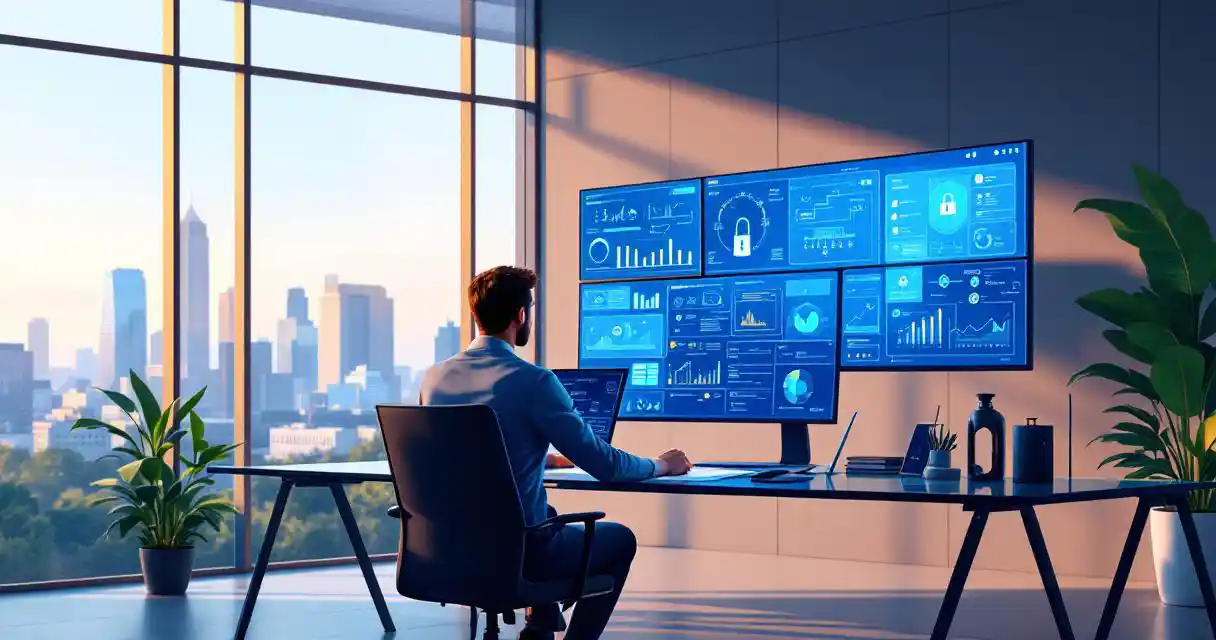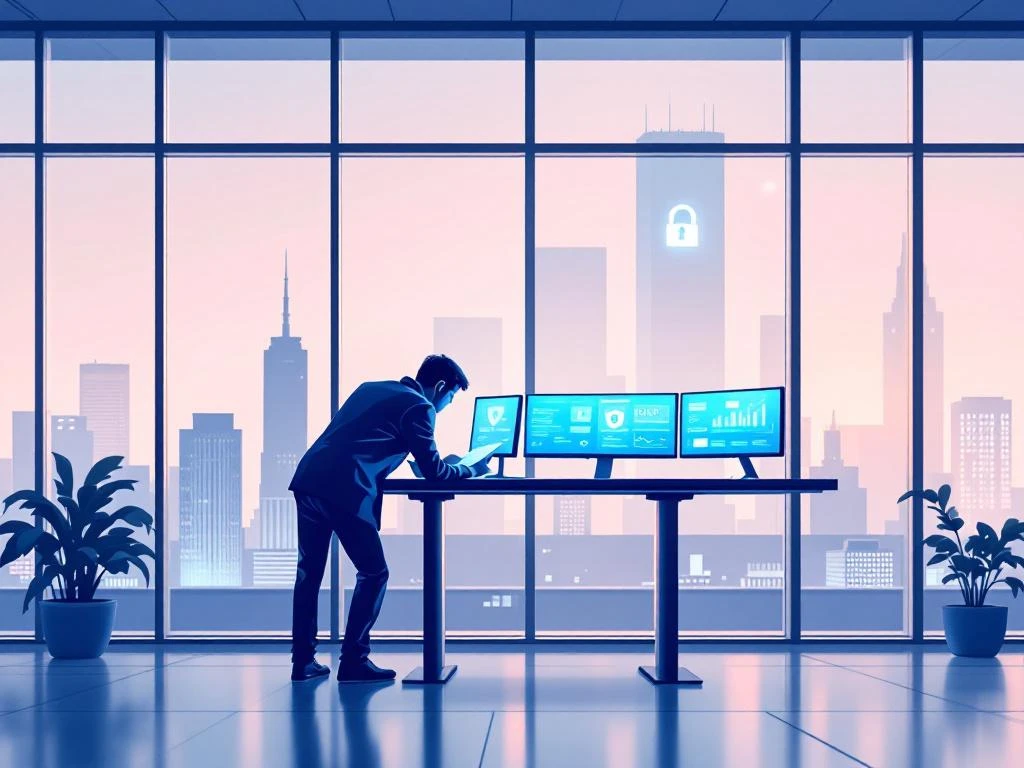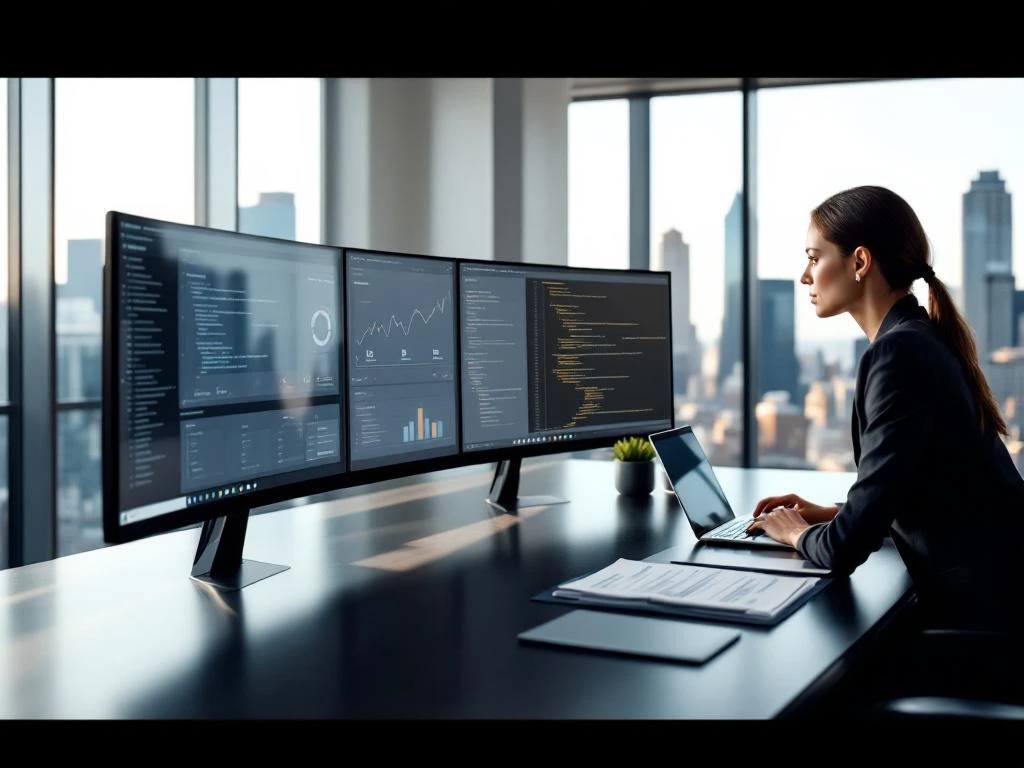

-
UK: +44 203 8876 770
US: 315 508 6500 - cybersecurity@thisisiceberg.com
-
8 Devonshire Square, London, EC2M 4YJ

The legal profession is undergoing a profound shift. As courtrooms become increasingly digital and evidence exists primarily in electronic form, the skills that define an exceptional litigation professional have fundamentally changed. Today’s litigation specialists need to blend traditional legal expertise with technological proficiency and a deep understanding of digital processes. This evolution has created new opportunities—and challenges—for legal teams seeking to build effective litigation departments ready for the modern legal landscape. Let’s explore what truly makes a strong litigation hire in today’s digital-first environment.
Legal proceedings today bear little resemblance to those of even a decade ago. Physical document rooms have given way to virtual databases, and digital evidence has become the norm rather than the exception. This transformation extends far beyond simple digitization of paper documents.
Modern litigation now incorporates AI-powered document review systems that can analyse millions of files in a fraction of the time it would take human reviewers. Virtual courtrooms allow for remote hearings, and electronic filing systems have replaced paper submissions in many jurisdictions. Digital forensics has become essential in cases involving electronic communications, while blockchain technology is increasingly relevant in disputes over digital assets.
These technological advances are not merely optional enhancements—they represent fundamental changes to how litigation is conducted. Legal professionals who cannot navigate these digital systems effectively will find themselves at a severe disadvantage. The most successful litigation teams now blend legal expertise with technological fluency, creating a new standard for excellence in the field.
Today’s litigation specialists need technical competencies that would have been unimaginable for previous generations of legal professionals. Proficiency with eDiscovery platforms tops this list—modern litigators must understand how to effectively search, filter, and analyse vast quantities of electronic information.
Data analysis tools have become essential for identifying patterns and extracting insights from complex datasets. Litigation professionals should be comfortable working with these tools and interpreting their outputs. Collaboration technologies are equally important, as remote work and digital cooperation have become standard practice rather than exceptions.
Understanding the principles of digital forensics is increasingly valuable. While litigation specialists needn’t be forensic experts themselves, they should understand how digital evidence is collected, preserved, and authenticated enough to work effectively with specialists in these areas.
Knowledge of data privacy regulations is also critical. As data protection laws grow more complex and penalties for violations more severe, litigation professionals must understand how to handle sensitive information properly, particularly when operating across multiple jurisdictions.
In an era where data breaches make headlines almost daily, cybersecurity has become inseparable from effective litigation practice. Breach litigation has emerged as a specialised field requiring expertise in both legal principles and technical security concepts.
Litigation professionals with cybersecurity knowledge bring exceptional value to legal teams. They understand how to preserve digital evidence without compromising its integrity—a critical skill when handling electronic materials that may be vulnerable to tampering or corruption. They’re also better equipped to evaluate expert testimony on technical matters and to identify potential vulnerabilities in opposing arguments.
Beyond these practical considerations, cybersecurity knowledge helps litigation specialists protect their own clients’ sensitive information. Legal proceedings often involve highly confidential data, and inadequate security measures can lead to devastating breaches. Litigation professionals who understand cybersecurity principles can implement appropriate safeguards and respond effectively to security incidents.
The intersection of cybersecurity and litigation continues to grow more significant as regulations like GDPR and sector-specific security requirements create new compliance challenges and potential liabilities for organisations.
While technical abilities are increasingly important, they must be balanced with strong interpersonal and cognitive skills. Adaptability is perhaps the most valuable trait for modern litigation professionals—the technological landscape evolves rapidly, and those who cannot adjust their approaches accordingly will struggle to remain effective.
A commitment to continuous learning is equally essential. The tools and technologies used in litigation today may be outdated tomorrow, and successful professionals must constantly refresh their knowledge and skills. This learning mindset extends beyond technology to encompass new legal developments and industry trends.
Cross-functional collaboration abilities have become increasingly valuable as litigation teams grow more diverse in their skill sets. Today’s litigation specialists must work effectively with technical experts, data analysts, and other specialists whose expertise complements their legal knowledge.
Creative problem-solving capabilities round out the essential soft skills for digital-era litigation. As legal challenges grow more complex and technology-dependent, the ability to develop innovative solutions and approaches becomes increasingly valuable.
Evaluating a candidate’s technical proficiency requires a structured approach that goes beyond simply reviewing their CV. Scenario-based assessments offer a particularly effective method for gauging real-world capabilities—present candidates with realistic challenges they might face in the role and evaluate their approach to solving them.
Specific interview questions about digital tools and processes can reveal a candidate’s familiarity with relevant technologies. Ask about their experience with particular eDiscovery platforms, data analysis tools, or collaboration systems. Their responses should demonstrate not just familiarity but a nuanced understanding of how these tools function in litigation contexts.
Case study discussions provide another valuable assessment method. Present candidates with anonymised cases involving digital evidence or technology issues and ask them to explain how they would approach key challenges. Their responses can reveal both technical knowledge and problem-solving abilities.
References and work samples offer additional verification of a candidate’s capabilities. Speaking with previous colleagues or reviewing redacted work products can provide insights into how effectively candidates have applied their technical skills in real-world situations.
When evaluating technical competency, remember that adaptability and learning capacity often matter more than specific tool knowledge. Technologies change rapidly, and the ability to quickly master new systems is typically more valuable than expertise with any particular platform.
Creating effective litigation teams for the digital era requires thoughtful attention to skill diversity. The strongest teams combine members with complementary capabilities, balancing technical specialists with traditional litigation experts. This approach ensures the team can handle both legal complexities and technological challenges without sacrificing expertise in either area.
Knowledge sharing across disciplines should be actively encouraged. Regular cross-training sessions and collaborative projects can help team members develop broader skill sets while fostering greater mutual understanding. Creating systems for documenting and sharing best practices can accelerate this knowledge transfer.
When structuring litigation teams, consider how different roles can support one another. Pairing technically-proficient junior staff with experienced litigators can create effective working units that leverage both technological fluency and legal wisdom. Similarly, establishing clear protocols for when to involve specialist consultants can extend the team’s capabilities when needed.
At Iceberg, we understand the evolving requirements for litigation professionals in the digital age. Our specialised recruitment approach helps identify candidates with the perfect blend of legal expertise, technical proficiency, and interpersonal skills for modern litigation teams. We work closely with organisations to understand their specific needs and culture, ensuring we connect them with professionals who will thrive in their environment.
Finding the right litigation talent in today’s complex digital landscape requires specialised expertise and a deep professional network. If you’re looking to strengthen your litigation team with professionals who excel in the digital era, learn more about our specialised recruitment services.
If you are interested in learning more, reach out to our team of experts today.













